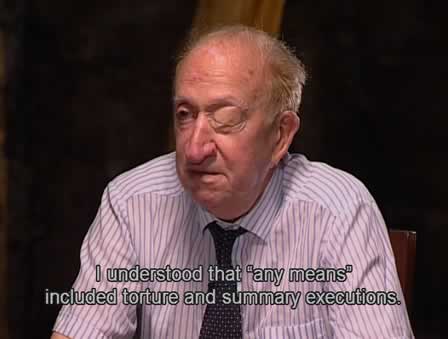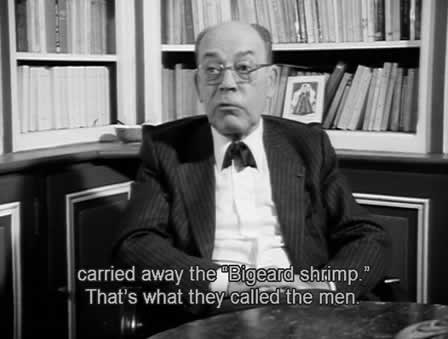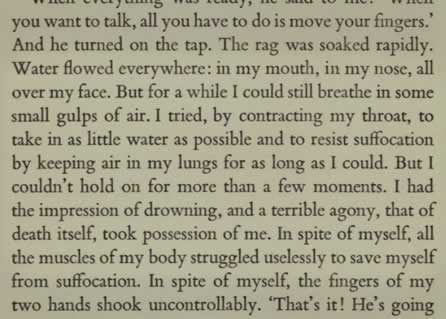ABC accidentally caught a portion of a post-debate chat between Hillary Clinton and John Edwards at the NAACP convention on Thursday:
The private discussion between Clinton and Edwards began when the former senator walked over to the former first lady to shake hands at the conclusion of the forum. The candidates were not aware that the microphone that Clinton was wearing was still transmitting sound.
“We’ve got to talk because they, they are, just being trivialized,” Clinton said to Edwards.
“They are not serious,” Edwards responded.
“No,” Clinton said in agreement. “You know, I think there was an effort by our campaigns to do that. We got somehow, you know, detoured. But we’ve got to get back to that . . .”
Initially, I was inclined to give them the benefit of the doubt and think that the “they” Clinton referred to was the lower-polling candidates like Kucinich who has definitely been trivialized by allocation of smaller portions of time, but on a little more reflection, I think that they’re discussing the debates themselves, and are probably going to call for the other candidates (like Mike Gravel, who lit into Bill Clinton’s part in NAFTA) to be dropped in an effort to “un-trivialize” the show. I predict that they’ll still be trivial. Raise your hand if you agree.





